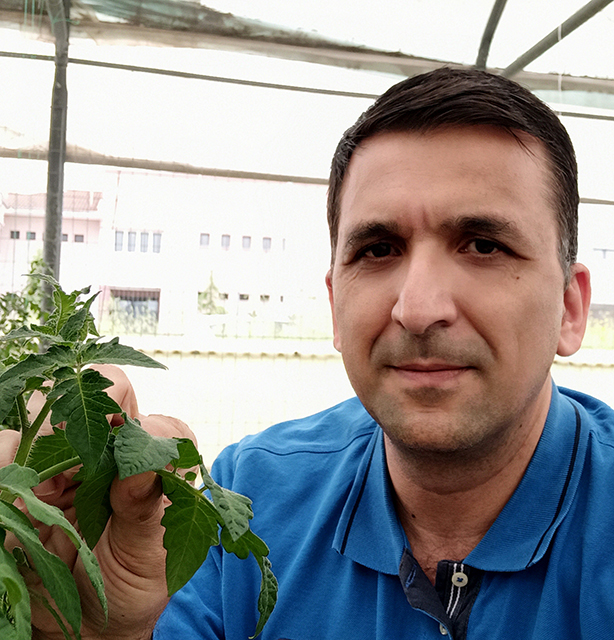Advances in Entomopathogenic Fungi Use
A special issue of Applied Sciences (ISSN 2076-3417). This special issue belongs to the section "Ecology Science and Engineering".
Deadline for manuscript submissions: 30 September 2024 | Viewed by 711
Special Issue Editors
Interests: biological control; entomology; entomopathogenic fungi
Special Issues, Collections and Topics in MDPI journals
Interests: biological control of crop pests; IPM methods; insect–plant interactions; stored product pests; precision agriculture methods in crop protection
Special Issues, Collections and Topics in MDPI journals
Interests: agriculture ecology; plant biotechnology; microbiology
Special Issue Information
Dear Colleagues,
Entomopathogenic fungi (EPF) are found in disparate habitats all over the world. They have risen in importance as environmentally friendly alternatives to chemical pesticides. The development of EPF for the biocontrol of arthropod pests requires much knowledge of fungal biology, ecology, and evolution. The market share is increasing and will continue to increase as more growers become familiar with these organisms, but also because these fungi have been shown to stimulate plant growth and increase the host’s resistance to biotic and abiotic stress. Some of these advances were possible due to a better understanding of the evolution of EPF and their plasticity, especially adaptation to both invertebrate and plant hosts. Several species differ significantly in their biology and behavior, and hence in their ability to control the population of enemies in each environment. The proper use of EPF requires a good knowledge of the biological cycle of their enemies. The metabolites serve many other functions that contribute to EPF success. The pathogenicity caused by EPF is not the same in all insects and differs even at each stage of the insect. EPF are endophytes that antagonize plant diseases, promote plant growth [11-14], and benefit the rhizosphere through colonization. Additionally, fungal endophytes may act antagonistically against plant diseases.
This Special Issue is aimed at attracting high-quality articles on the biology of EPF and their use in plant protection programs, providing insights into the latest findings and challenges. The articles should cover both fundamental and applied research.
Dr. Spiridon Mantzoukas
Prof. Dr. Panagiotis A. Eliopoulos
Prof. Dr. María J. Ek-Ramos
Guest Editors
Manuscript Submission Information
Manuscripts should be submitted online at www.mdpi.com by registering and logging in to this website. Once you are registered, click here to go to the submission form. Manuscripts can be submitted until the deadline. All submissions that pass pre-check are peer-reviewed. Accepted papers will be published continuously in the journal (as soon as accepted) and will be listed together on the special issue website. Research articles, review articles as well as short communications are invited. For planned papers, a title and short abstract (about 100 words) can be sent to the Editorial Office for announcement on this website.
Submitted manuscripts should not have been published previously, nor be under consideration for publication elsewhere (except conference proceedings papers). All manuscripts are thoroughly refereed through a single-blind peer-review process. A guide for authors and other relevant information for submission of manuscripts is available on the Instructions for Authors page. Applied Sciences is an international peer-reviewed open access semimonthly journal published by MDPI.
Please visit the Instructions for Authors page before submitting a manuscript. The Article Processing Charge (APC) for publication in this open access journal is 2400 CHF (Swiss Francs). Submitted papers should be well formatted and use good English. Authors may use MDPI's English editing service prior to publication or during author revisions.
Keywords
- EPF
- biopesticides
- IPM
- biology
- endophytism







